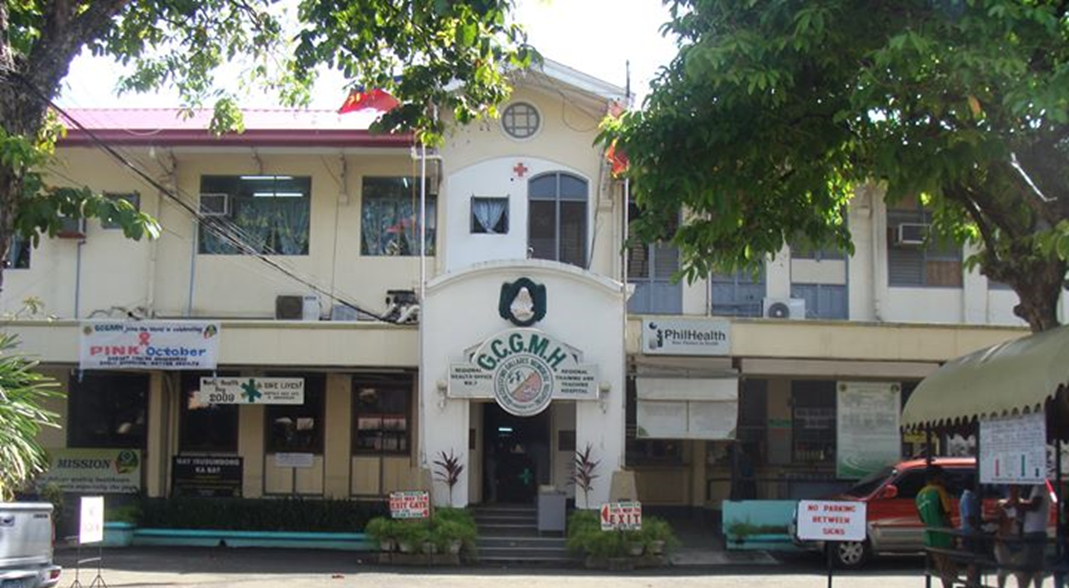The province of Bohol continued to record an upward trend in the number of dengue cases in the first two months of 2023.
Data from the Provincial Epidemiology and Surveillance Unit (PESU) showed that the number of cases of the mosquito-borne disease from January 1 to February 4, 2023 soared by 50 percent.
The number of cases ballooned to 199 from 133 in the same period in 2022.
According to the PESU, the largest number of dengue cases were recorded in Talibon which tallied 35 cases.
It was followed by Clarin, 16; Tagbilaran City, 16; Candijay, 10; and Inabanga, 8.
As early as July in 2022, the Provincial Health Office had already expressed alarm over the surge in dengue cases.
Dengue cases soared by 1049% in the first half of 2022 compared with the number of cases in the previous year.
Local health authorities continued to remind the public that dengue infections can easily be curbed if communities observe preventive measures such as the 4S, the health department’s strategy against the spread of the disease.
The 4S plan involves searching and destroying mosquito breeding places, securing self-protection, seeking early consultation, and supporting fogging and spraying in hotspot places.
Earlier, PHO Provincial Dengue Program coordinator Saniel Leonidas noted that individuals should also refrain from keeping stagnant water. If it could not be avoided, stored water should always be covered.
Dengue is mainly transmitted by the Aedes aegypti mosquito, which breeds in stagnant water.
However, Leonidas noted that a mosquito egg can survive for a year without water and even under direct sunlight. Once submerged in water again, it can still hatch, he added.
He said water containers previously used to store stagnant water should be thoroughly cleaned to prevent mosquito eggs from sticking to it. (AD)

